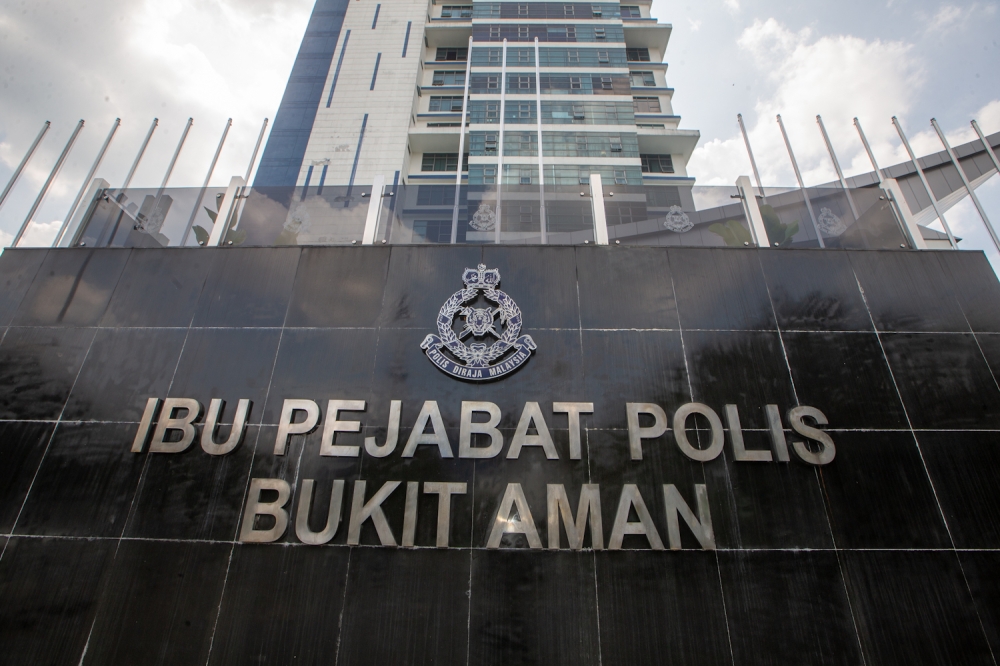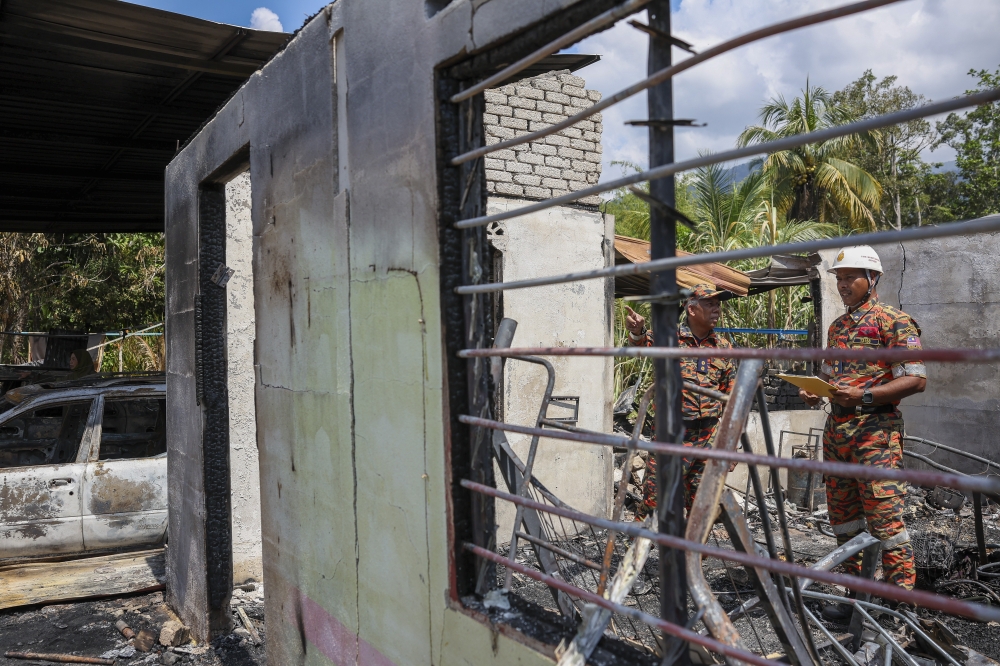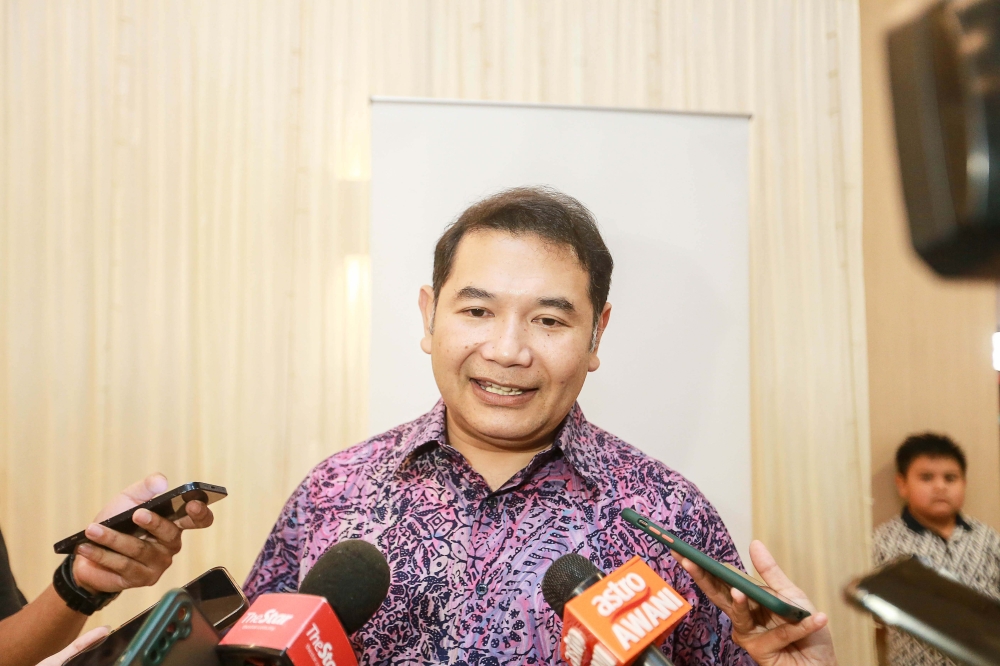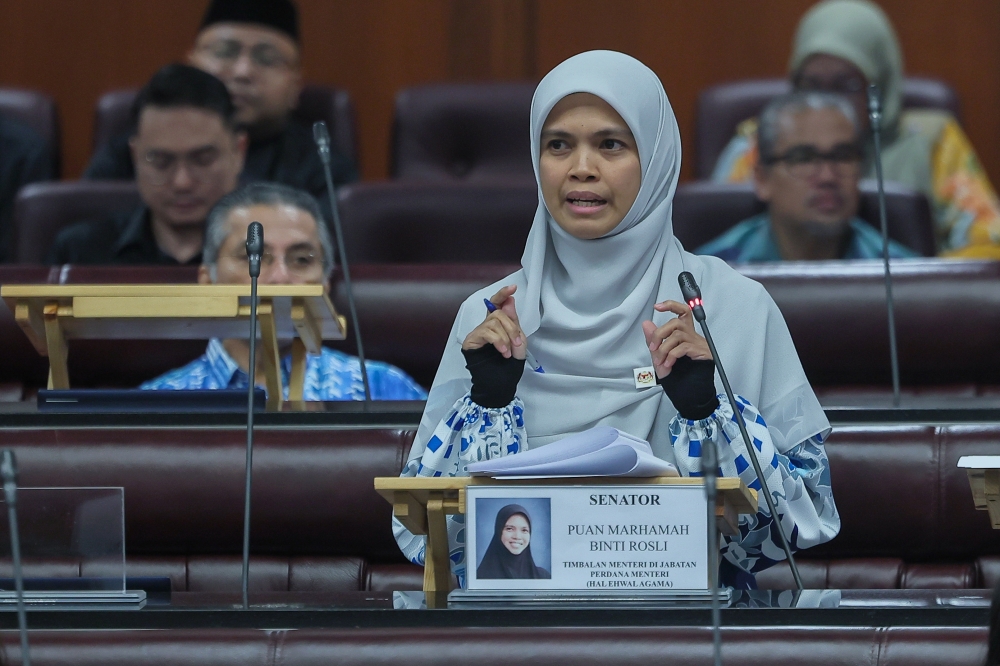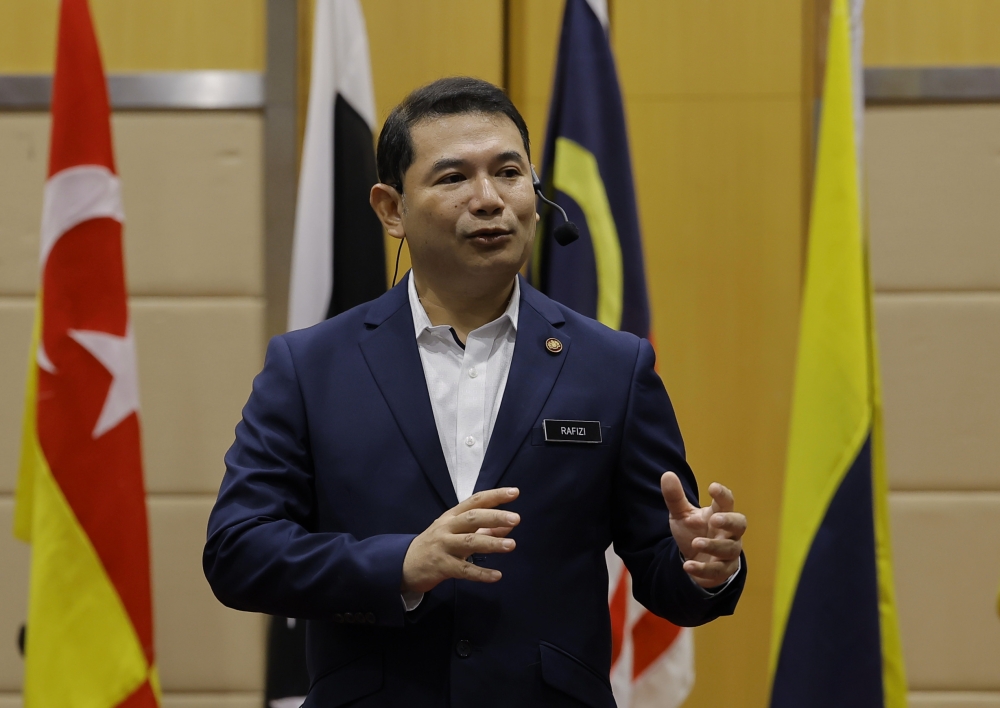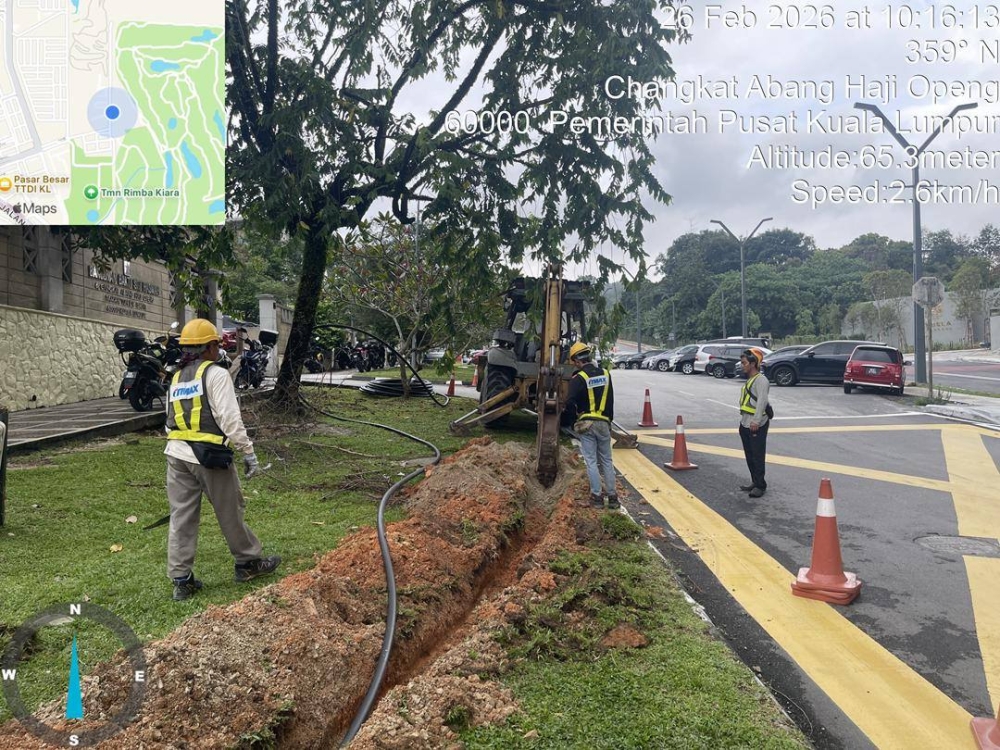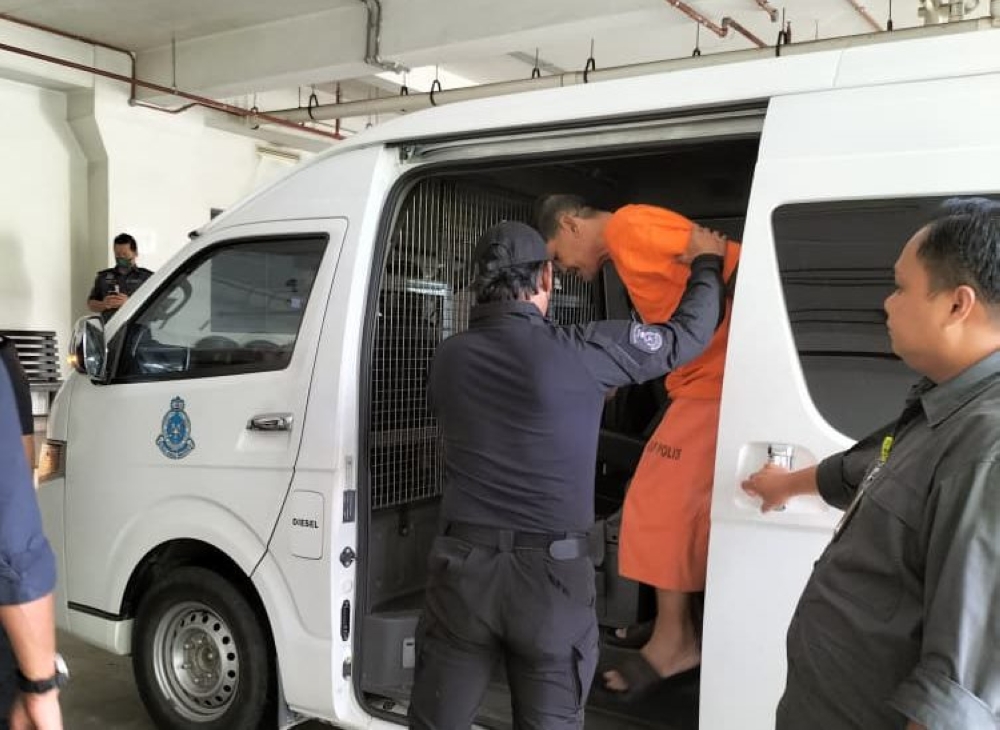PUTRAJAYA, March 22 — Economy Minister Rafizi Ramli today said that the People Income Initiative (IPR) is different from the Universal Basic Income scheme.
He said in order to implement the Universal Basic Income scheme, the country's fiscal position needs to be improved.
“The objectives of these two initiative are different, IPR has a very specific target to allow the lowest income group in our society to have a consistent and sustainable stream of income.
“At the same time, fixing some of the economic structural issues such as food supply,” said Rafizi during a press conference after his ministry town hall session ended.
Rafizi added that Universal Basic Income is different as it relies heavily on the government’s fiscal position.
“Ideally we want to consolidate as many of the fragmented cash handout systems we have but we have to go through it step by step.
“Let’s go through the process and start consolidating it and throughout that process, it will allow us to better assess if we want to adopt the universal basic income approach.
“Because the gap from where we are now is still quite big,” said Rafizi.
When asked by if Malaysia would implement the guaranteed income scheme, Rafizi said the country needs to have a strong fiscal position to support it.
“We need to strengthen the fiscal position first.
“Unless you have a strong fiscal position, not only universal basic income is out of the question, we won’t even be able to support cash handout programmes we have currently,” he said.
He added that the government would evaluate what is the best initiative to implement when the fiscal position is strengthened.
Universal Basic Income was an initiative proposed in the Barisan Nasional (BN) manifesto prior to the last general election.
It aimed to eradicate hardcore poverty in the country by promising all Malaysian households a minimum monthly income of RM2,208 if the coalition were to win the general election.
The government would also automatically supplement all household incomes that fell below the pledged minimum.





